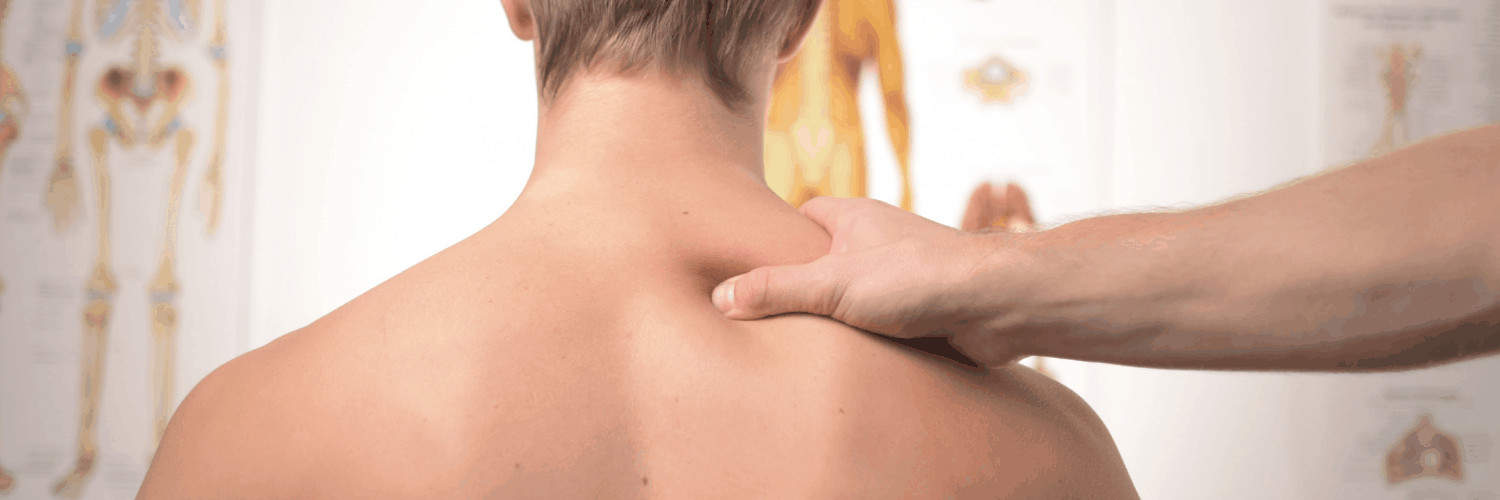Tag: rugby world cup
Japan is hosting the biggest Rugby event of the year in September.
Starting 20th September, across 12 Japanese cities, 48 matches will be played to determine the winner of Rugby World Cup 2019. Millions of people from around the world are expected to travel to Japan to attend this amazing sporting event. Much like any other reason for travelling, it does come with some health risks.
Big sporting events, like the Rugby World Cup, attract huge numbers of people which increases the risk of getting sick and spreading diseases. Venues are sometimes described as giant Petri dishes, where viruses and bacteria can flourish and spread.
But how can you prepare yourself so you remain healthy throughout your holiday?
Be prepared…
Get Vaccinated
It is advised that individuals are up-to-date with routine immunisations including diphtheria, tetanus and polio (DTP).
If you plan to venture outside of the major cities and explore Japan whilst you are there, you may need to consider some travel vaccines, such as Rabies and Hepatitis A or Hepatitis B. If those plans include visiting more rural areas, Japanese Encephalitis could be considered. For those trekking, hiking or camping, a vaccination against tick-borne encephalitis will provide protection against the disease.
MMR is a must
Ensure you are immune to measles before you travel. Japan has had multiple large outbreaks of measles this year and it is a highly contagious disease.
The best protection against measles is to ensure you have received 2 doses of the MMR vaccine. You may not have received the full course during your childhood vaccines which means you’re not fully immune. A simple blood test can determine immunity if you are unsure.
Beware of Flu Season
Flu season for the Northern Hemisphere begins in Autumn, which coincides with the start of the Rugby World Cup. It’s possible people could pick up the flu virus at these events as the Flu is a highly contagious viral disease. Transmission of the flu is always amplified when large groups of people congregate in enclosed space. People travelling to and from mass gatherings can also spread flu to other communities and to family members when they get home. An infected person can transmit the virus before even realising they are sick.
Getting a flu vaccine every year is the best way to avoid getting seasonal flu.
Those travelling from mid-September onwards should consider getting the flu jab as soon as it becomes available.
Find out more about our travel and wellness vaccinations.
Minimize Your Risk
Besides the flu vaccine, here are a few tips on how to minimize your risk of contracting an illness at the Rugby World Cup:
- Keep a distance from people coughing and sneezing – droplets from coughs or sneezes containing flu virus can travel at least 3 feet, so keeping this distance from sick people can help lower your chance of becoming ill.
- Wash your hands often, before eating or after contact with sick people, public places and bathrooms to limit your chances of contact with the virus.
- Carry hand sanitizer to use when hand washing is inconvenient or not available. Ensure it has a minimum of 60% alcohol content to be most effective.
- Avoid touching your mouth, nose and eyes with your hands.
- Use clean, disposable tissues to wipe your mouth or blow your nose. Throw away used tissue immediately after use.
- Avoid getting overly cold and wet by wearing appropriate clothing.
- if you are already sick, wear a face mask to help lower the chance of spreading your illness to others.
First Aid
Despite having a good reputation for health care, it’s worth being prepared for minor illnesses and injuries when travelling abroad. Pack an essential First Aid Kit for your travels and include some basic items such as pain relief, plasters, antiseptic creams and something to treat minor wounds. Being able to treat minor accidents whilst abroad means less time hunting down a pharmacy or time wasted visiting a doctor should you need it.
For convenience, we sell a ready to go Essential First Aid Kit, available online.
You can book a pre-travel consultation online.
With the Rugby World Cup in full swing, our osteopath Andrew Doody takes you through some of the most common injuries in this most physical of sports.
The five most common rugby injuries:
A medial collateral ligament tear
This is the ligament on the inside of the knee. It stabilises the knee (along with the lateral collateral and cruciate ligaments). Due to the nature of tackling a player by hitting into the outside of the leg, this can often gap the opposite side, putting the ligament under enough strain to tear or even rupture. Quick changes of direction can also strain this ligament.
Haematoma of the thigh
In similar circumstances as the MCL injuries during tackling, impact on the thigh can often cause severe bruising of an area as the soft tissues are smashed against the thigh bone with blood vessels being damaged and blood then clotting around the area.
Hamstring tears
The three muscles on the back of the thigh, commonly known as the hamstrings are often injured in many sports, not only rugby. Rapid changes of pace can strain the muscle, especially if it is not fully warmed up (although research is beginning to show it’s not quite as simple as previously thought). Mechanical issues in the leg such as gait on running can also add to the danger of a tear.
Calf strain
In a similar fashion, the calf muscle is often strained, usually where it attaches to the Achilles tendon. Again, overuse, especially on a tired muscle, can cause strains, as can the mechanics of the foot and ankle complex.
Concussion
The one that has the spotlight on it most recently is, of course, concussion. Any blow to the head can cause varying degrees of concussion. This can be from mild to extremely serious. Very difficult to prevent in rugby, the emphasis has fallen on rapid identification of when a concussion has occurred and immediate action to minimise the danger of ongoing damage.
Rugby is a rough sport and it is always difficult to greatly lower the risk of injury without hugely compromising what is a great game. The RFU is working hard to achieve this though, through changes to the laws of rugby. As well as raising awareness of injuries, both in regard to preventative factors and response after injury occurs.
Osteopathy can stretch and condition the muscles and ease the pain; a routine of stretches to carry out at home can also be recommended. Andrew Doody offers a trusted osteopathy service which can assist with pain relief and also address the underlying causes of injuries, decreasing your chances of future injury.
If you have had a rugby injury or are experiencing any musculoskeletal problems, you can book an appointment online.





